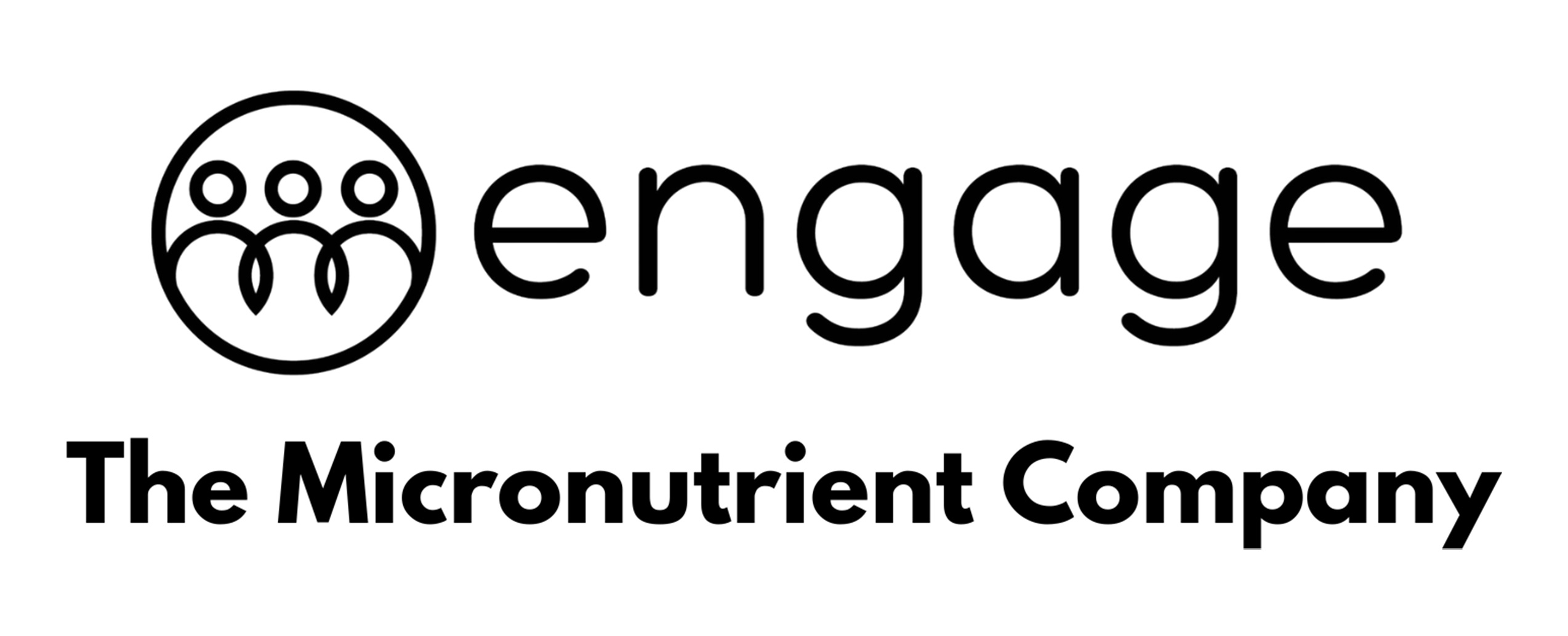The discovery of alpha-tocopheryl succinate (alpha-TS) as a cancer therapeutic agent markedly stimulated research with or without tumor therapeutic agents on cancer cells and normal cells. Results showed that alpha-TS treatment induced apoptosis in cancer cells and enhanced the apoptotic effects of tumor therapeutic agents on tumor cells in a synergistic manner without affecting the growth of normal cells. Liposomal alpha-TS was more effective than alpha-TS. Some tumors are difficult to treat with chemotherapeutic agents while some become resistant of such treatment. Using a nanotechnology technique, it was demonstrated that alpha-TS conjugated with a chemotherapeutic agent enhanced the levels of apoptosis and restored the sensitivity of tumor cells to that chemotherapeutic agent. The mechanisms of action of alpha-TS alone or in combination with therapeutic agents include the following: (a) inhibition of the expression of oncogenes C-myc and H-ras; (b) alterations in the levels of expression of numerous genes; (c) activation of caspases; (d) inhibition of angiogenesis; (e) destabilization of mitochondria and lysosomes; (f) inhibition of production of production of prostaglandin E2 (PGE2) and PGE2-mediated pro-inflammatory responses; (g) reduction of survivin signaling pathway; and (h) reduction of CD47 expression on the tumor cell surface causing enhancement of phagocytic activity of macrophages leading to engulfment of tumor cells. Despite impressive results in cell culture and in animal models, no studies with alpha-TS alone or in combination with cancer therapeutic agents in human cancer resistant to these therapies have been performed.
You can find the full paper in the Journal of the American Nutrition Association.



Post a Comment